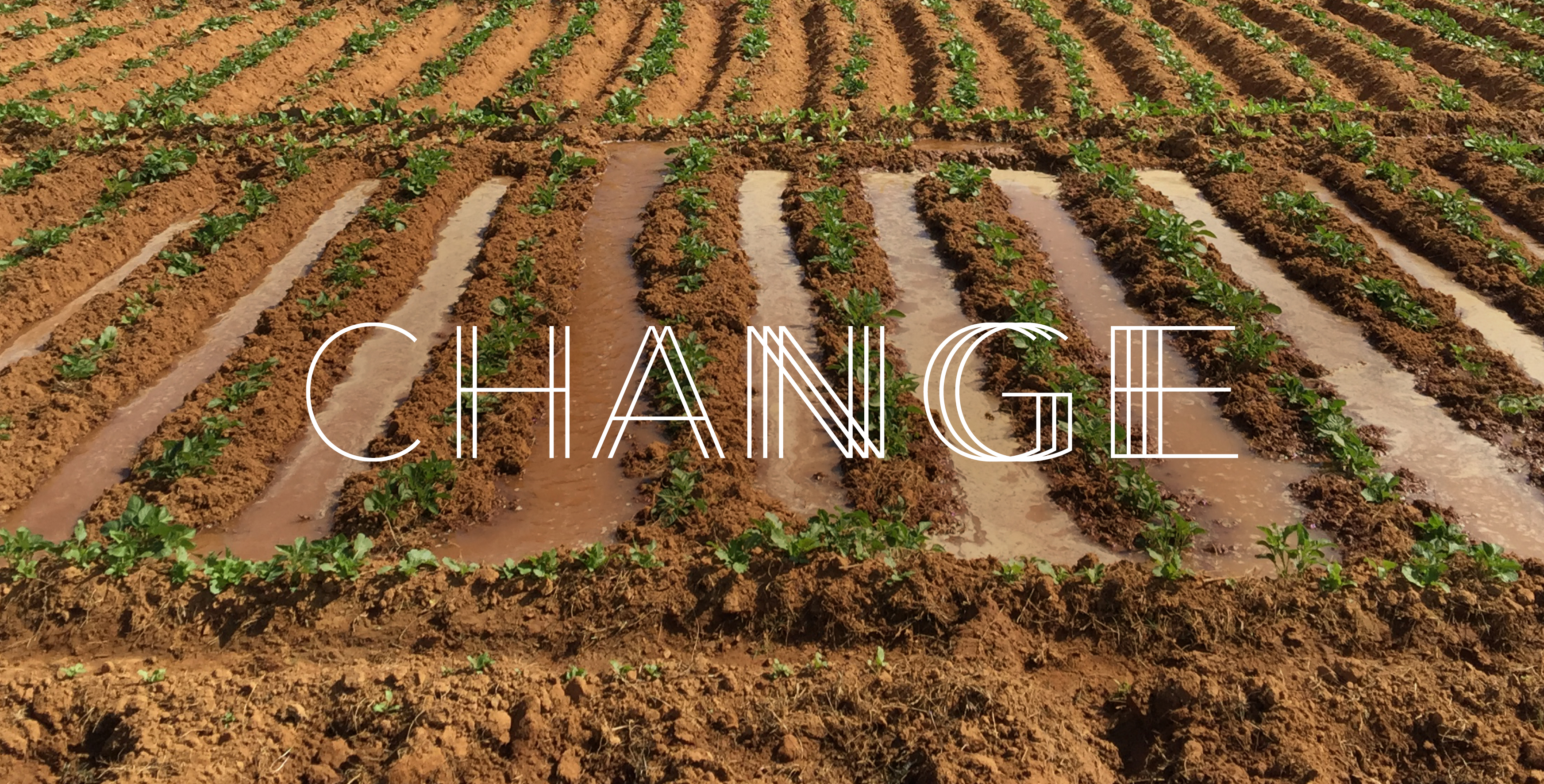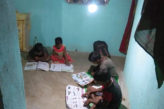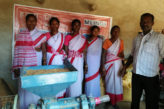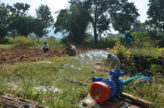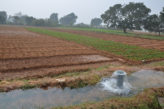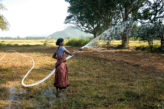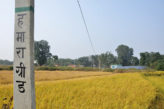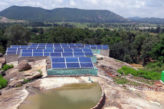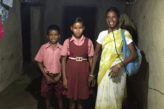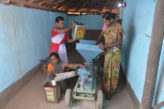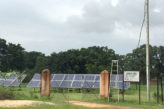RENEWABLE ENERGY FOR RURAL COMMUNITIES
Since 2014, Mlinda Charitable Trust has been integral to Mlinda’s rural electrification project, delivered first in the Sunderbans and, currently, in Gumla district, Jharkhand. We support communities to build financially and environmentally sustainable businesses and livelihoods using solar renewable energy. This is done by building up the local economic infrastructure to support the growth of these businesses and performing research and development on innovative ways to do this.
Green-house gas emissions have reduced 1054 tonnes per year

The Challenge
240 million people, or 20% of the population, remain without access to electricity in India. The majority – 220 million people – live in rural areas.
Fossil fuel-based approaches to electrification are ineffective and increase CO2 emissions. Shortfalls in payments, poor metering and inefficient billing lead to a downward spiral of poor performance, inadequate investment, high transmission and distribution costs and regular power outages from distribution companies.
In spite of poor access to energy, India is the third-largest country in volume terms of CO2 emissions in the world, behind only China and the United States.
The Solution
Decentralised village-level energy solutions based on renewable energy allow rural agricultural communities to access modern forms of energy in a manner that raises their incomes and reduces CO2 emissions to deliver proven social, environmental and financial benefits.
Mlinda group has designed scalable and replicable model of decentralised solar based village energy solutions to increase access to energy. These installations meet domestic as well as agricultural needs of people. They also contributed to improved wellbeing due to reduction in greenhouse emissions and other polluting machines. Confident on the benefits of clean energy, communities across project villages are willing to invest in energy and other farm and non-farm-based solutions to increase their income and improve quality of life.
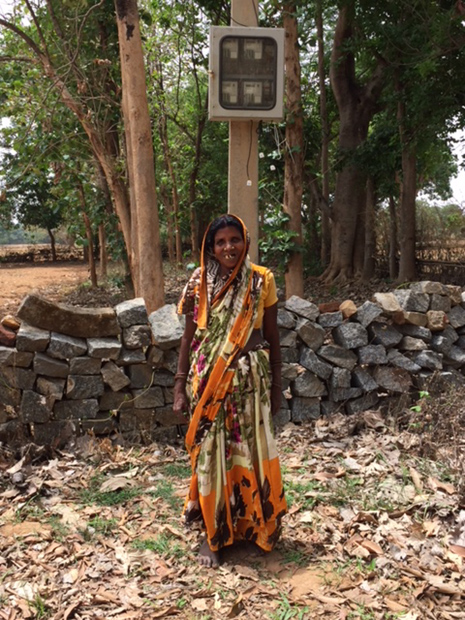
© Mlinda
The GDP per capita has increased by 7.3 %

The objectives
Economic development & Community level infrastructure
- Various economic development activities with 7200 households in Gumla district of Jharkhand.
- Economic development through farm and non-farm interventions. Some of the major intervention areas are irrigation (small irrigation pumps), grain processing (hullers, pulverisers), entrepreneurship (brick making, welding, poultry, mustard oil processing etc.).
- Established two cold storages as a Proof-of-Concept pilot project to help small growers store their produces and fetch better prices later.
- Streetlights in 31 villages.
Impact so far
- Mlinda commissioned an independent impact assessment in 25 villages in 2019. The results on some of the indicators are given below:
- Micro-enterprise revenues went up by 28%
- Green-house gas emissions have reduced by 1054 tonnes pa
- Household incomes increased on average by 23%
- 115 new local jobs have been created
- The GDP per capita has increased by 7.3%
- Currently over 1,250 farm, non-farm and institutional loads run on our mini-grids.
- Women spend less time on chores and more time on productive activities.
- Children can study for longer periods under less harmful lighting.

